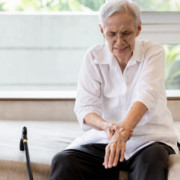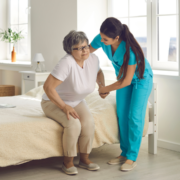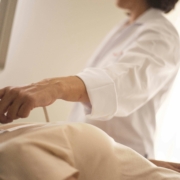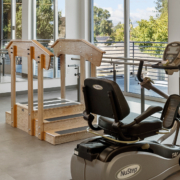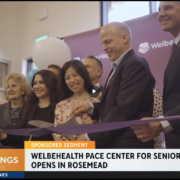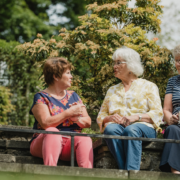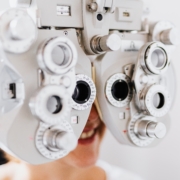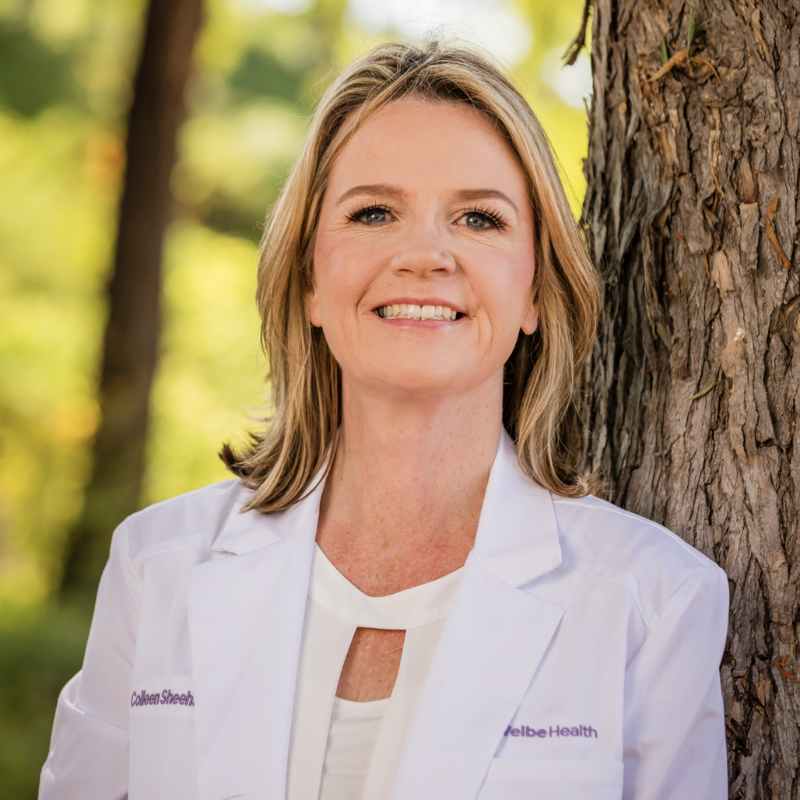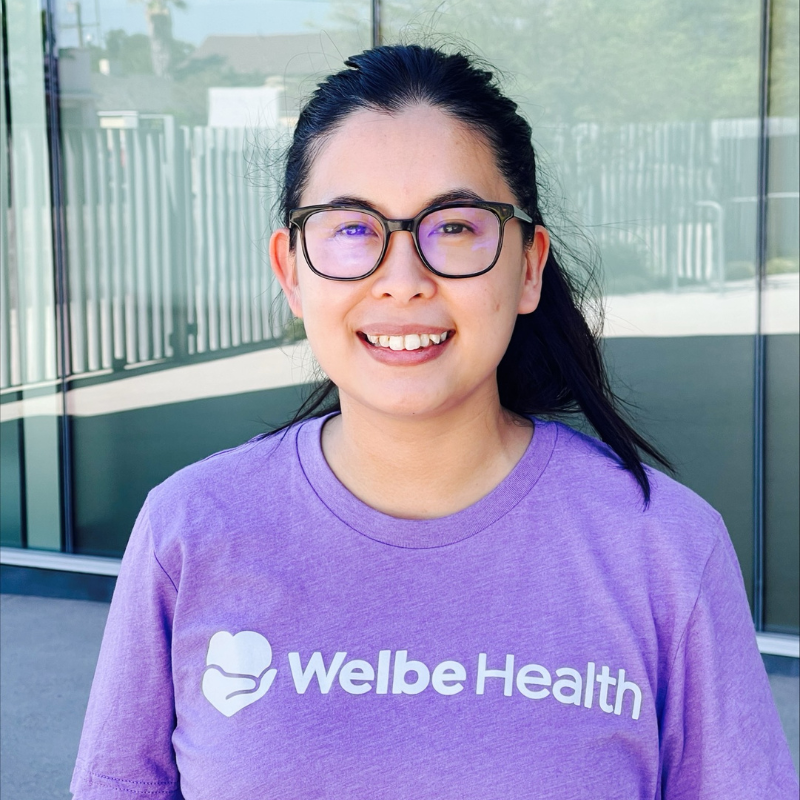Senior Care Planning
Senior care planning is important to make sure you have a comfortable and secure future. Find out how to get ready for senior care with important information and simple tips to help you through the planning process.
Care Planning and Safety
There are many different kinds of care to choose from, including assisted living centers and nursing homes. Choosing a program like Programs of All-Inclusive Care for the Elderly (PACE) or home care services allow you to stay in the comfort of your home longer and is an alternative to assisted living or nursing homes. It’s important to research these options and think about things such as location, features, and cost when making a decision. Don’t be afraid to ask questions – this will help you determine which one best suits your needs.
Various care types:
- Care Facilities
- Assisted Living Centers
- Nursing Homes
- Programs of All-Inclusive Care for the Elderly (PACE)
- Home Care Services
Safety Measures at Home
If you plan on staying in your own home, it’s important to make sure that it is safe for you to live in. This may include:
- Installing handrails for stability
- Removing trip hazards
- Medical alert systems in case of accidents or falls.
- Organizing your space
Financial Security
Another important part of planning for senior care is to make sure your financial secure. This includes thinking about how you will pay for any care in the future, as well as making sure that any assets or property are managed correctly. Here are some tips on how to plan financially for senior care:
- Insurance: make sure you have the right insurance coverage, including health insurance and long-term care insurance.
- Retirement Savings: consider setting aside a portion of your retirement savings specifically for senior care expenses.
- Estate Planning: work with a lawyer to create an estate plan that outlines how your assets will be managed in case of emergency.
- Government Benefits: research and apply for any government benefits that may help cover the cost of senior care, such as Medicare, Medi-Cal or Medicaid.
Social Connections and Mental Health
Along with physical and financial, it’s also important to think about your emotional well-being and social connections as you age. This may include staying active through hobbies or joining senior groups, maintaining relationships with family and friends, and seeking support from counselors or therapists if needed.
- Community Engagement Programs – Stay Active and Connected with Peers
- Counseling Services
- Family Caregiver Support Groups
- Resources for Caregivers to Share Experiences and Seek Guidance
Steps to Effective Senior Care Planning
Looking at Current Needs and Preferences
Before making decisions, look at your current health, housing, and care preferences. Understanding your needs helps in choosing the right care options.
Research Different Care Options
Explore assisted living facilities, in-home care agencies, Programs of All-Inclusive Care for the Elderly (PACE), and retirement communities. Consider location, services, and costs to find the best fit for your needs.
Create a Detailed Care Plan
Develop a detailed care plan with preferences for medical care, daily assistance, and long-term arrangements. Include details about your healthcare proxy and preferred providers.
Discuss Your Plan with Loved Ones
Share your care plan with family or friends to make sure they support your wishes. Open communication is important for receiving personalized care.
Review and Update Your Plan Regularly
As care needs evolve, review and update your plan regularly. Stay informed about changes in health, finances, and preferences to change your plan as needed.
Planning ahead for senior care is very important for having a happy and safe experience as we age. By knowing what you need, looking into different care options, and talking openly with your family, you can make a good plan that focuses on your health and happiness. It’s also important to be flexible and willing to change your plan when needed. With the right support and preparation, you can look forward to a comfortable future with caring people around you.
It’s your life. Live it your way
WelbeHealth provides full-service healthcare and personalized support to help you age well at home and in your community. Our Program of All-Inclusive Care for the Elderly (PACE) meets the changing needs of seniors, often at no cost. To see if you qualify, visit: welbehealth.com/contact



